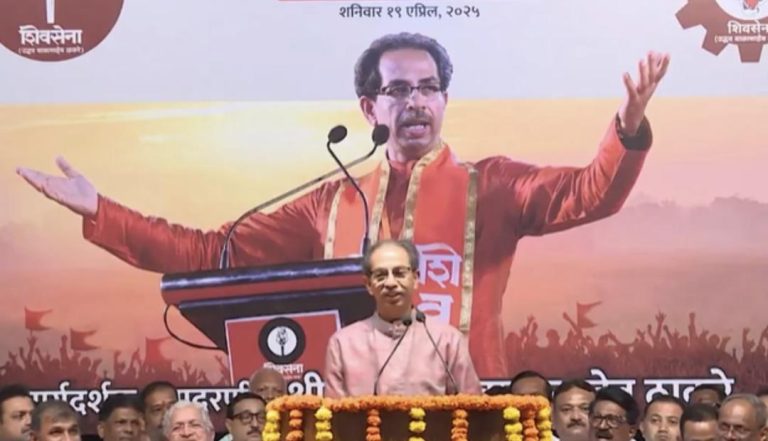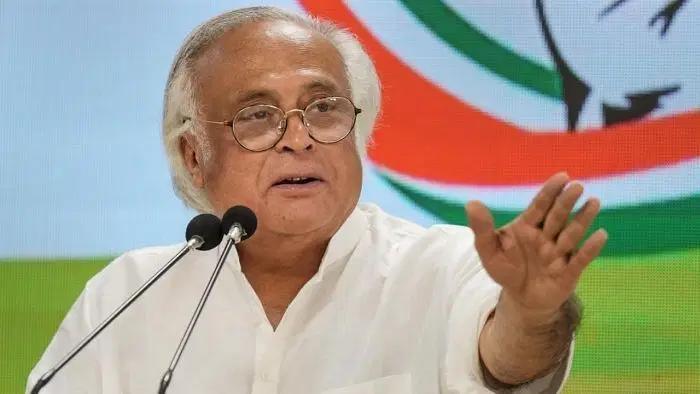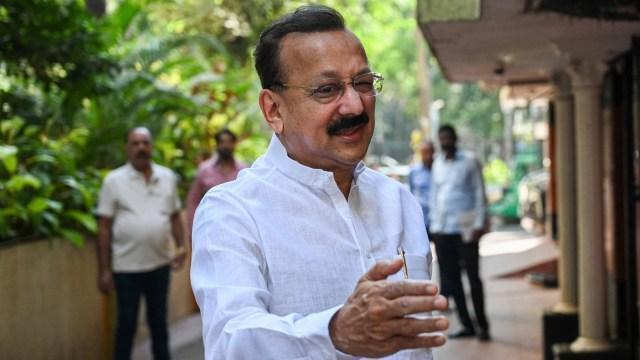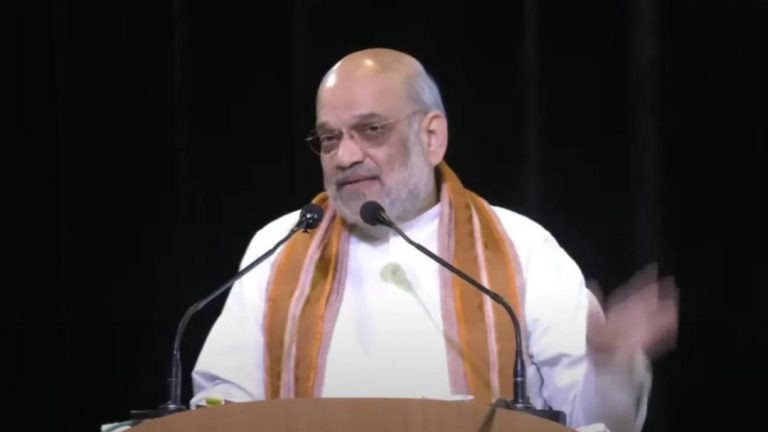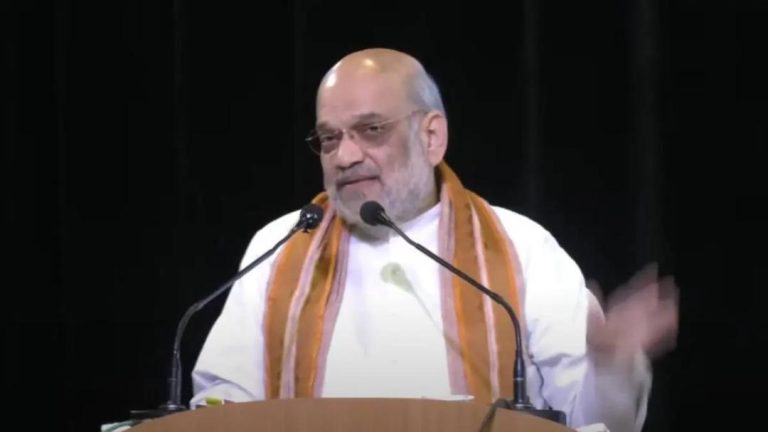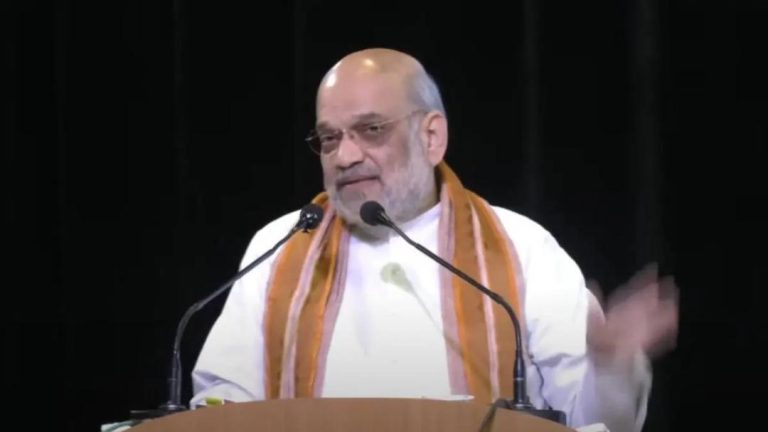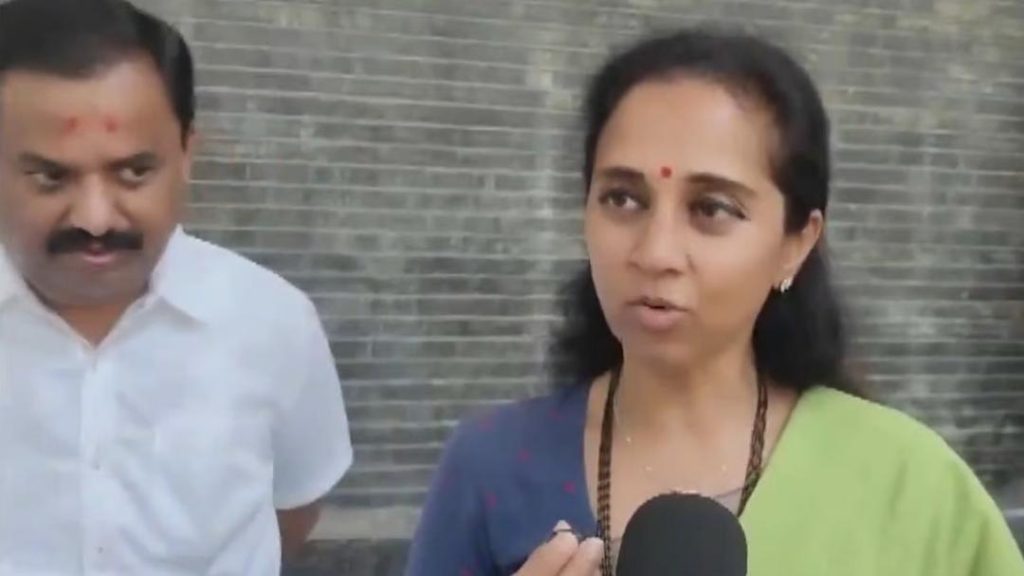
NEP in Maha is a conspiracy to end SSC board: Supriya Sule
The National Education Policy (NEP) has been a topic of controversy in India for a while now, with many experts and politicians sharing their opinions on its implementation. In Maharashtra, the situation is no different, with NCP (SP) MP Supriya Sule recently expressing her strong disapproval of the state government’s plan to implement NEP, which would make Hindi compulsory as a third language for students. Sule, who is also the daughter of Sharad Pawar, the leader of the NCP, believes that this move is a conspiracy to finish off the SSC board in the state.
In an interview, Sule emphasized that Marathi should be the first language in Maharashtra, and that the government’s decision on NEP was made in haste. She also questioned the need to make Hindi compulsory for students, stating that it would lead to the decline of regional languages and cultural heritage. Sule’s statement has sparked a debate in the state, with many politicians and education experts weighing in on the issue.
The NEP was introduced by the Central Government in 2020 with the aim of transforming India’s education system. The policy emphasizes the importance of learning multiple languages, including Hindi, English, and regional languages. However, many critics have argued that the policy is biased towards promoting Hindi and neglects the importance of regional languages.
In Maharashtra, the controversy surrounding NEP is centered around the proposal to make Hindi compulsory as a third language for students. The state government has argued that this would help students to understand the Constitution and other official documents, which are written in Hindi. However, Sule and many other politicians from the state disagree, saying that this would lead to the decline of Marathi and other regional languages.
Sule’s statement has sparked a debate on social media, with many people expressing their support for her views. Some have argued that the NEP is a ploy by the Central Government to promote Hindi and undermine regional languages, while others have criticized Sule for being anti-Hindi. However, the majority of people have expressed their concern about the impact of making Hindi compulsory on the education system in the state.
The debate surrounding NEP in Maharashtra is not new, and the controversy has been ongoing for several months. The state government has faced opposition from various political parties and education experts, who have criticized the proposal to make Hindi compulsory. However, the government has remained adamant, saying that the policy is necessary to promote national integration and understanding.
Sule’s statement has added fuel to the fire, with many politicians from the state expressing their support for her views. The opposition parties in the state have also criticized the government’s decision, saying that it is an attempt to impose Hindi on the people of Maharashtra. The controversy has also led to a renewed debate on the importance of regional languages and the need to preserve them.
In conclusion, the controversy surrounding NEP in Maharashtra is a complex issue that has sparked a heated debate in the state. While some people support the proposal to make Hindi compulsory, others have expressed their opposition, citing concerns about the impact on regional languages and cultural heritage. Sule’s statement has added to the controversy, with many politicians and experts weighing in on the issue. Ultimately, the decision on NEP in Maharashtra will depend on the views of the people and the government’s willingness to listen to their concerns.
News Source:
